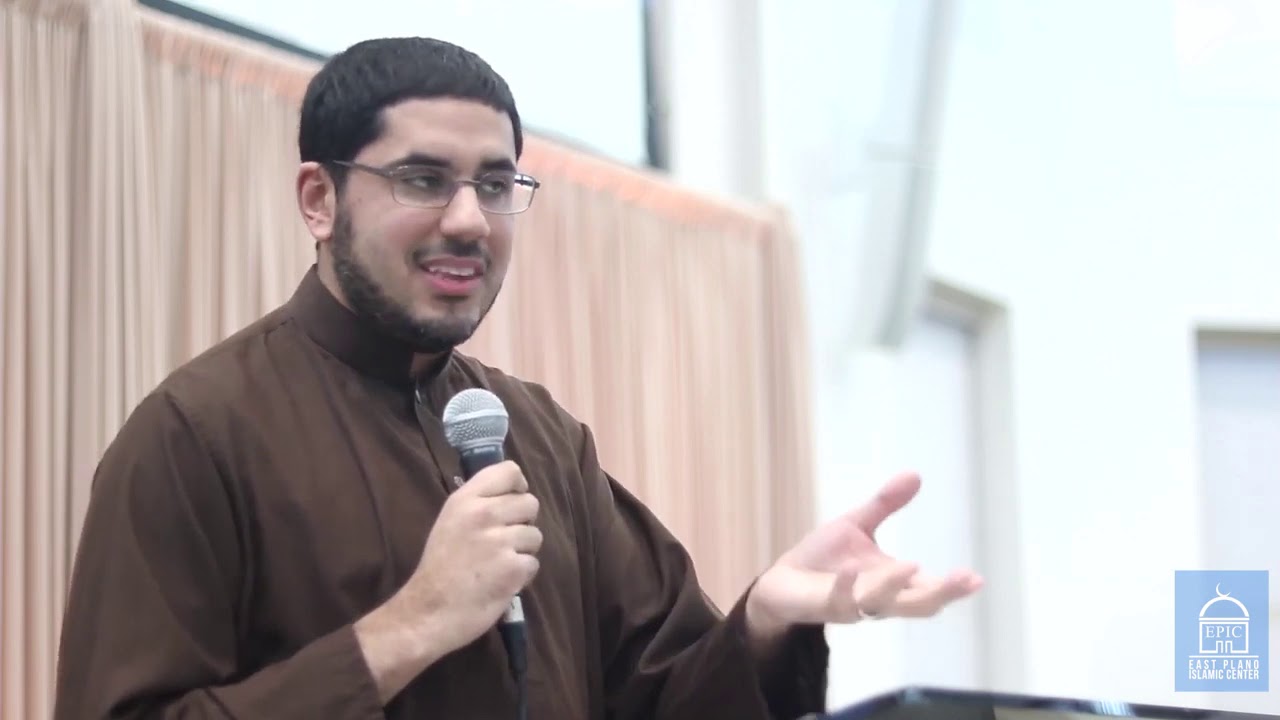In a widely shared essay published on Muslim Matters, Islamist commentator Mobeen Vaid has laid out what appears to be the most comprehensive Islamist argument yet for why Muslims should oppose LGBT rights.
“Religions in the West,” Vaid warns, “…have largely collapsed at the altar of homosexuality and are quickly proving incapable of resisting transgenderism too.”
The question of whether or not to support the LGBT movement has increasingly divided not just the Muslim community, but American Islamism as well – as some Islamists seek to utilize progressivist activism to help advance their own agendas, while other, ostensibly more purist voices, denounce what they regard as acts that compromise Islamic morals.
Over the past few years, for instance, leading Islamist clerics such as Omar Suleiman and Yasir Qadhi have been repeatedly accused by the popular online preacher, hardline Islamist Daniel Haqiqatjou, of letting the Muslim community “[suffer] from this LGBT assault” while they “benefit handsomely by being in the good graces of the left wing.” Meanwhile, Islamist thinktanks such as Suleiman’s Yaqeen, have been attacked by Haqiqatjou’s collaborators for their perceived support of LGBT rights.
Progressivist Muslim groups are also under attack. Vaid reserves particular ire for Muslim Advocates, which he claims has “supported a wide range of LGBT rights,” even “praising a Muslim drag queen as ‘living her [sic] truth’” [sic inserted by Vaid].
High profile Muslim organizations with Islamist histories are in Vaid’s sights. He points out that the annual conference of the Muslim Public Affairs Council (MPAC) featured lesbian TV actress and producer Fawzia Mirza. The fact that these organizations supporting LGBT rights, for the most part, claim to be zakat-eligible, has further angered Islamists.
Vaid’s argument has four main points: Muslim political advocacy for LGBT rights is “fundamentally immoral” and “inimical” to Islamic ethics; the political rationales for such activism offered by his ideological opponents are unconvincing; the Muslim community’s ambivalence is making it easier for the “LGBT” persons to prey on young Muslims already struggling to negotiate their identity; and not taking a firm stance against issues such as homosexuality will “only deepen” the theological crises within the Muslim community.
Not limiting himself to the domestic context, Vaid also cites Western condemnation of Hamas’s violence against homosexuals as purported evidence that the LGBT movement is a “colonial tool of global oppression, domestic coercion, and social domination.”
But Vaid appears most concerned by the “decision of some Muslim leaders and activists to do and to say nothing meaningful on the LGBT question—or, worse, to actually support the movement—” which, according to him, “sets the stage for heresy, apostasy, untold spiritual crises, and communal demoralization.”
